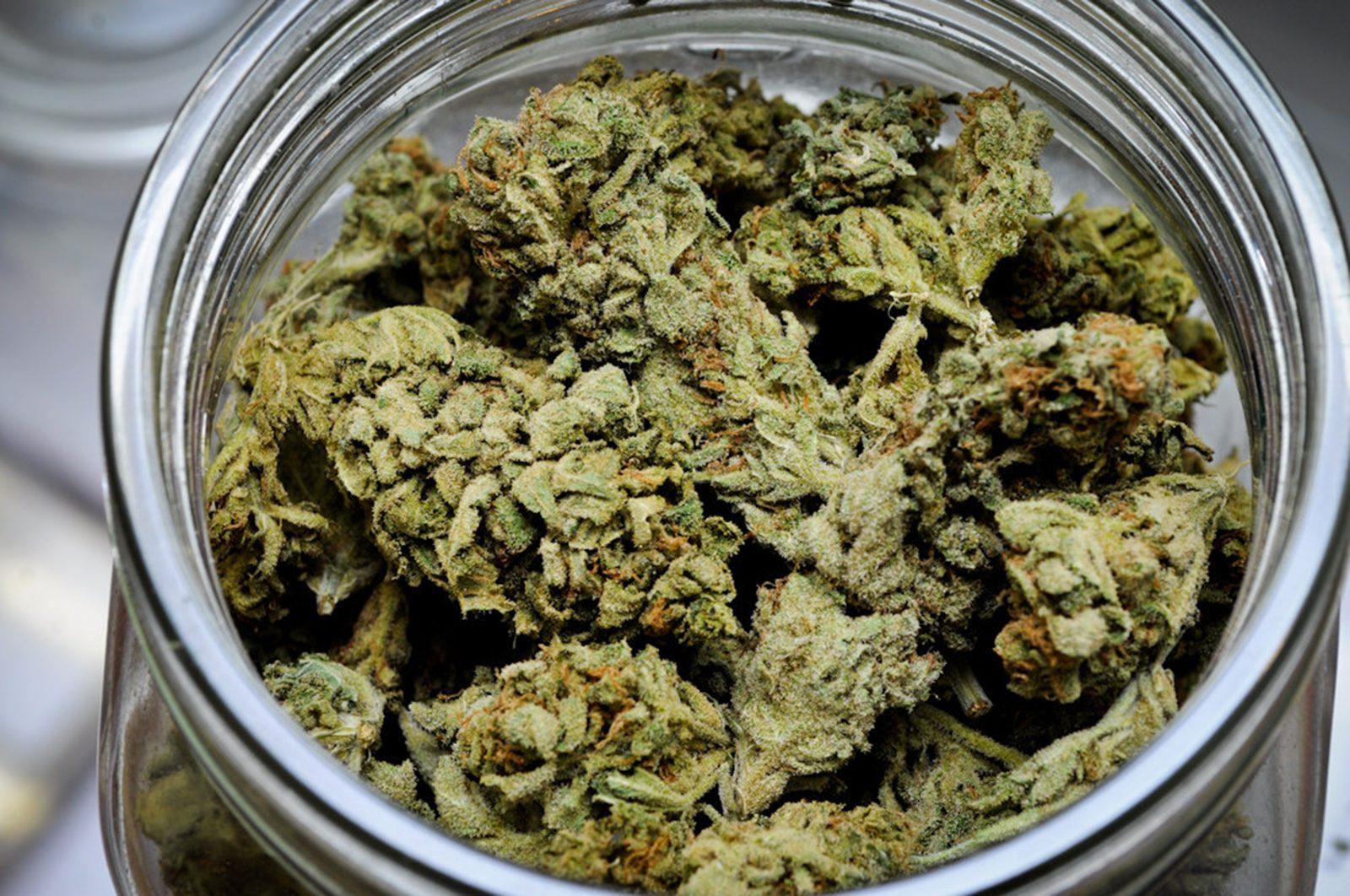Walking through the Boston Common, an iconic aspect of Massachusetts’ capital city, it is nearly impossible to avoid plumes of marijuana smoke. Since the commonwealth’s decriminalization of marijuana, effective since January 2009, the substance has seemingly become commonplace in public places. At this point in time, there are considerations that need to be made considering Massachusetts’ actual stance on marijuana. Since 2009, we’ve existed in a state of quasi-acceptance that needs to change.
Primarily driven by a need for meaningful conversation and consumer safety rights, The Daily Free Press’s editorial board endorses voting “yes” on Ballot Question 4.
From our perspective, a major concern of current marijuana usage stems from a lack of consideration for the consumer. Distributing and purchasing marijuana is done in the shadows, away from competitive market practices and regulation of any kind. There is no greater oversight of the actual business of marijuana, and that is an issue. When not being held to legitimate business practices, a market is inevitably less reliable and more likely to favor the seller over the buyer.
Another consideration for the consumer experience comes from the product itself. Currently, recreational marijuana goes through no regulation or review process before being consumed in some manner or another. Theoretically, a purchased joint could contain anything at this point in time. Marijuana should be held to the same standards as any other consumable product, like tobacco or alcohol.
Amsterdam is a fantastic case study of consumer consideration above all else. Well-established “coffee shops” have existed since the 1970s and provide a wider variety of cannabis offerings. By explicitly showing a menu of options, as well as warnings regarding intensity of the ensuing high, the consumer can anticipate exactly what will occur. You know what you’re buying, something that will not happen in Massachusetts until marijuana is legalized.
Marijuana’s potential to be treated like alcohol is another key component of our endorsement. Though the general population may not like to acknowledge it, a massive source of comic revenue comes from alcohol taxes and sales. Marijuana potentially would be taxed similarly, perhaps at an even higher rate, developing a new stream of revenue for the commonwealth.
It is important to also point out that similar to liquor stores, establishments selling cannabis will not be luring innocent children from the streets, contrary to what opponents would like us to think. Marijuana-laden gummy bears and cannabis cakes would not be prominently displayed in windows with kid-friendly entrances. If modeled after Colorado’s stores, the windows would be tinted, lacking display or advertisement. If you would like to purchase marijuana in some form, you can do so, but it would not be as public an affair as opponents would like you to believe.
As explained in a Boston Globe article, a community that feels particularly strongly about the presence of a dispensary can opt out of its presence through a referendum vote. This differs from Colorado’s policy, “where communities had to opt in to welcome marijuana businesses,” according to the Globe article.
There is also a major distinction that many fail to clarify in regards to normalizing versus introducing a substance to a culture. Legalizing marijuana does not instantaneously indoctrinate the youth of Massachusetts with an acceptance of smoking cannabis.
However, it has potential to eliminate the negative stigma associated with smoking marijuana. Hopefully a situation similar to the end of prohibition will occur, where taking away the “unknown” elements associated with marijuana will remove the taboo and make it less mysterious. Will it go the to the lengths of substituting alcohol, by honoring milestones and used in familial settings? Maybe, maybe not. Marijuana and alcohol are very different through variety and history, but the equal treatment would be necessary to seamlessly integrate marijuana into an everyday existence.
As an editorial board, we echo the sentiments of the Globe’s endorsement, particularly highlighting the state of stagnancy we are currently experiencing in relation to policy in the commonwealth. The Globe’s editorial board said, “The Globe endorses the yes campaign, despite the proposal’s many flaws, because the harm stemming from continued inaction on marijuana would be even greater.” Similarly, conversations about marijuana and its effects need to occur, and they will not do so until it is legalized.
Without conversation, there is no research. Without research, there is no education, and the youth of today and tomorrow will interact with marijuana in the same manners. There is a better way, and we deserve to determine what that better way is.
Therefore, we endorse a “yes” on Question 4 with the condition that research and studies follow. Without those components, this legalization movement will fail.




















































































































